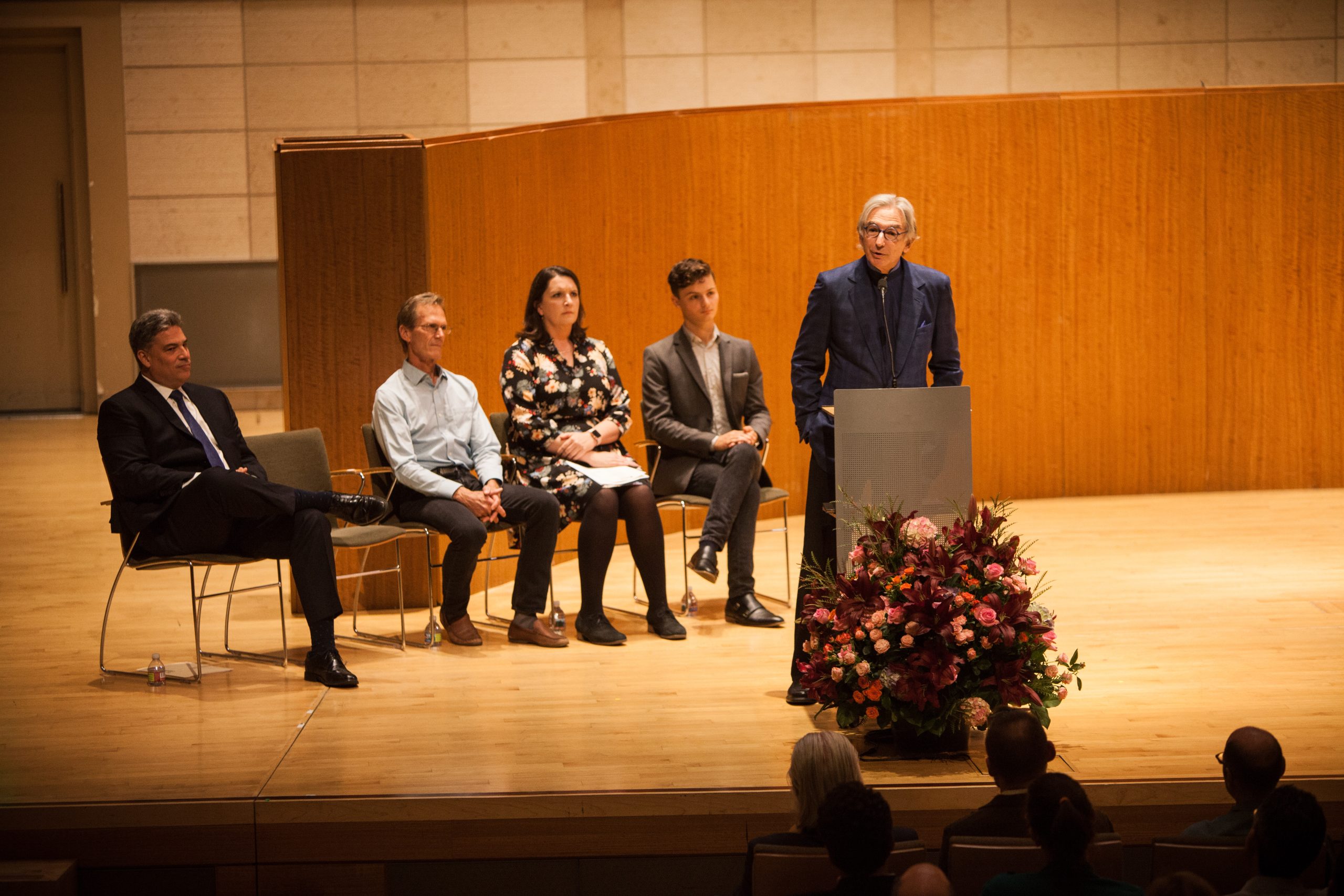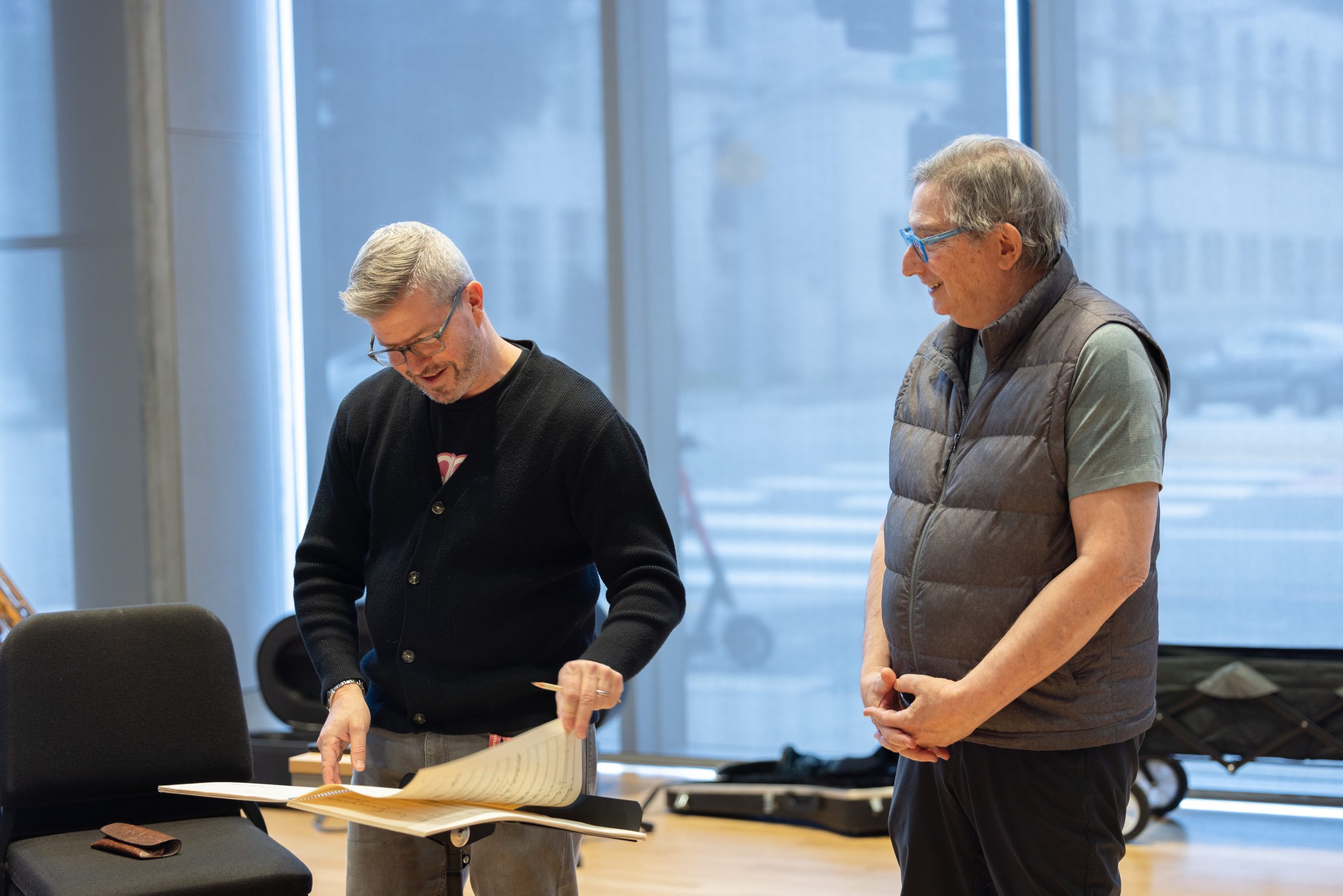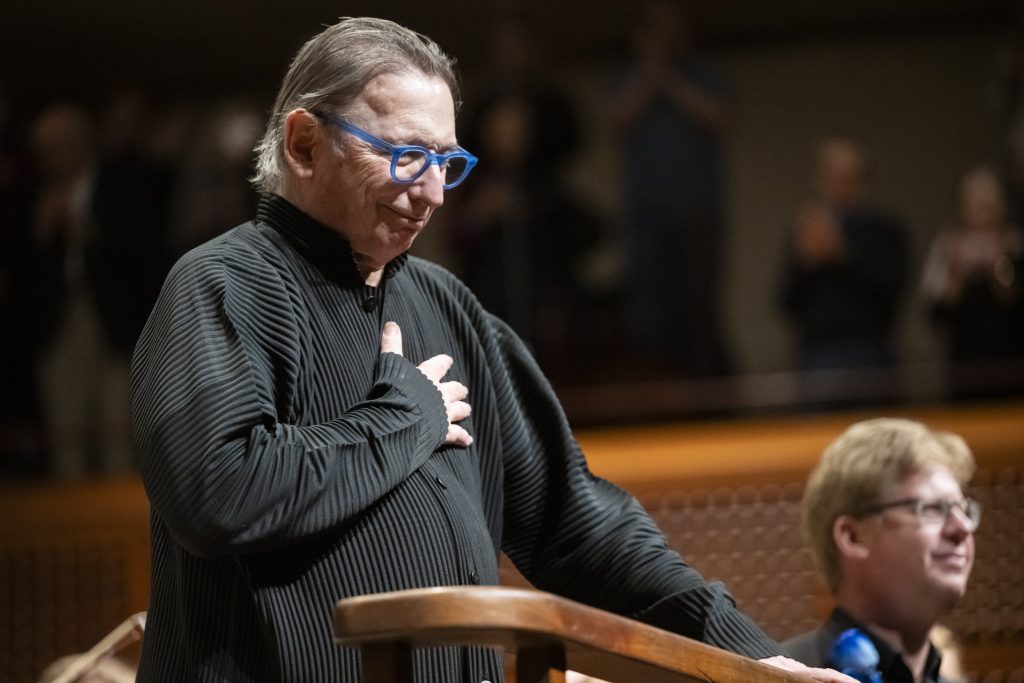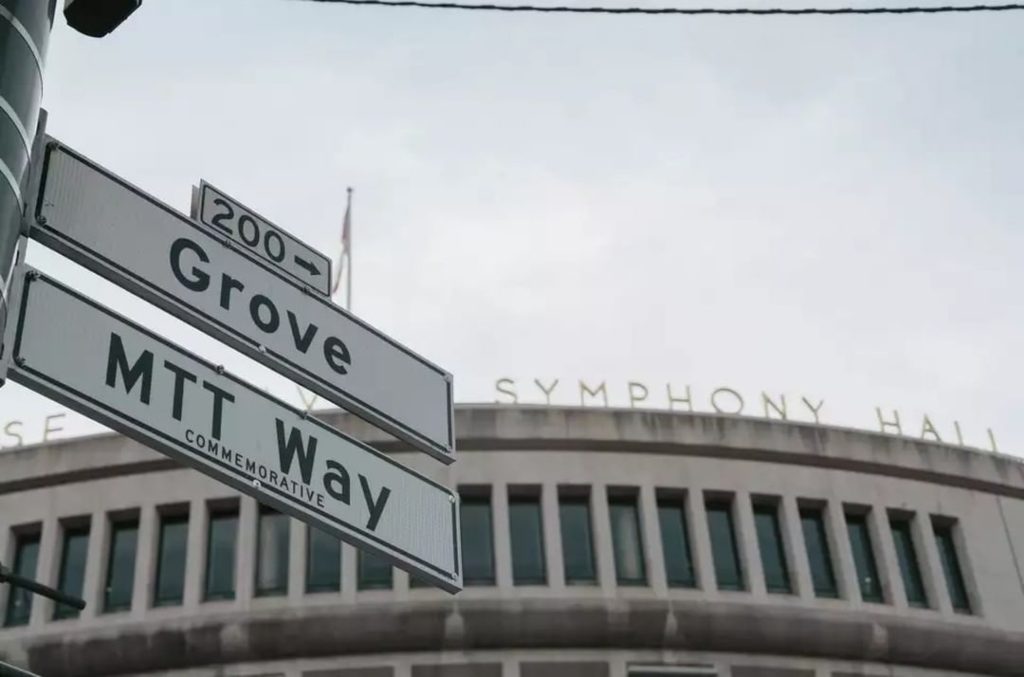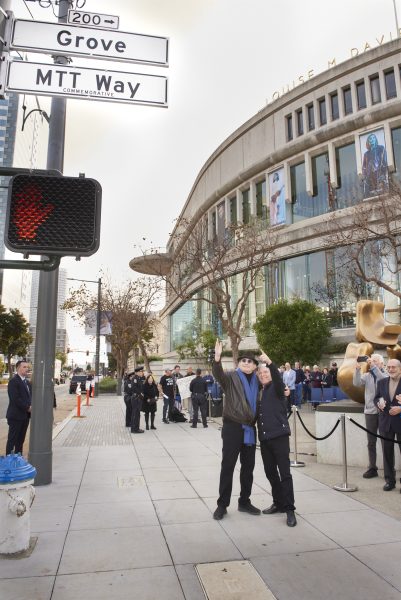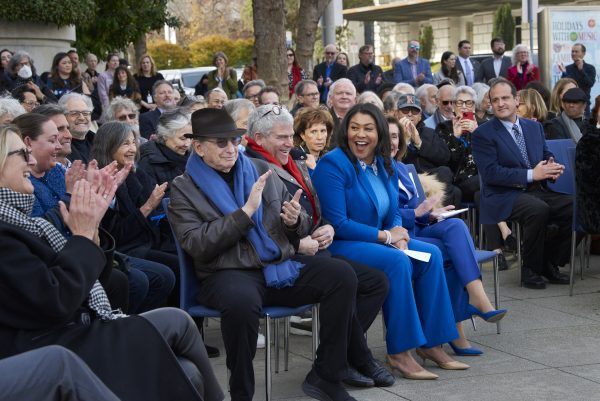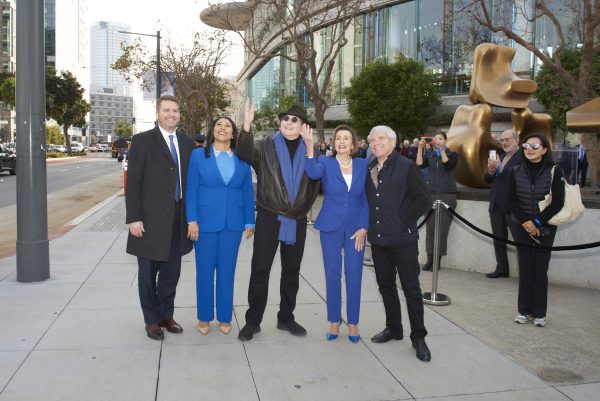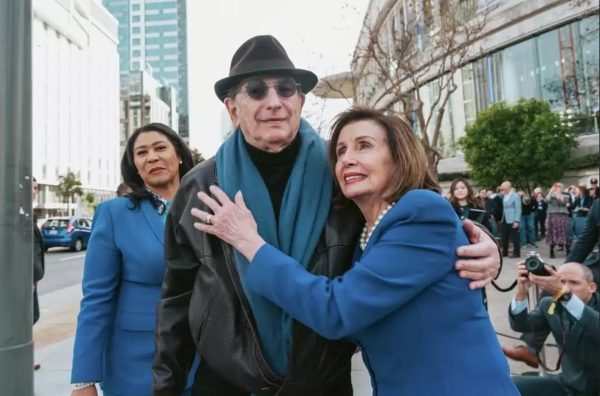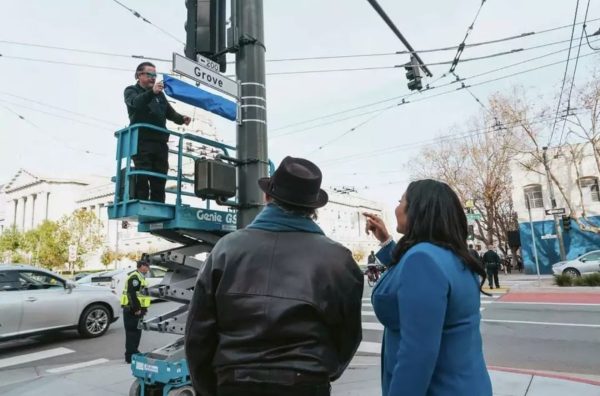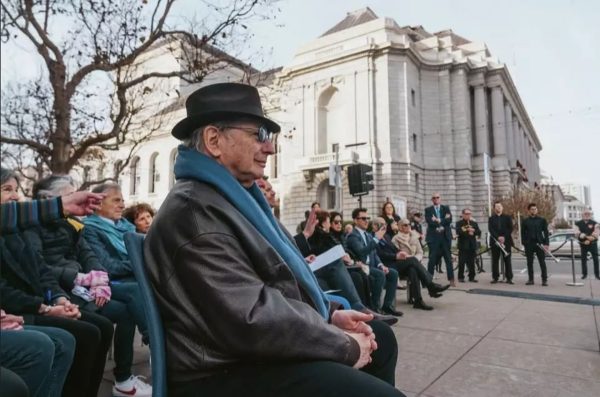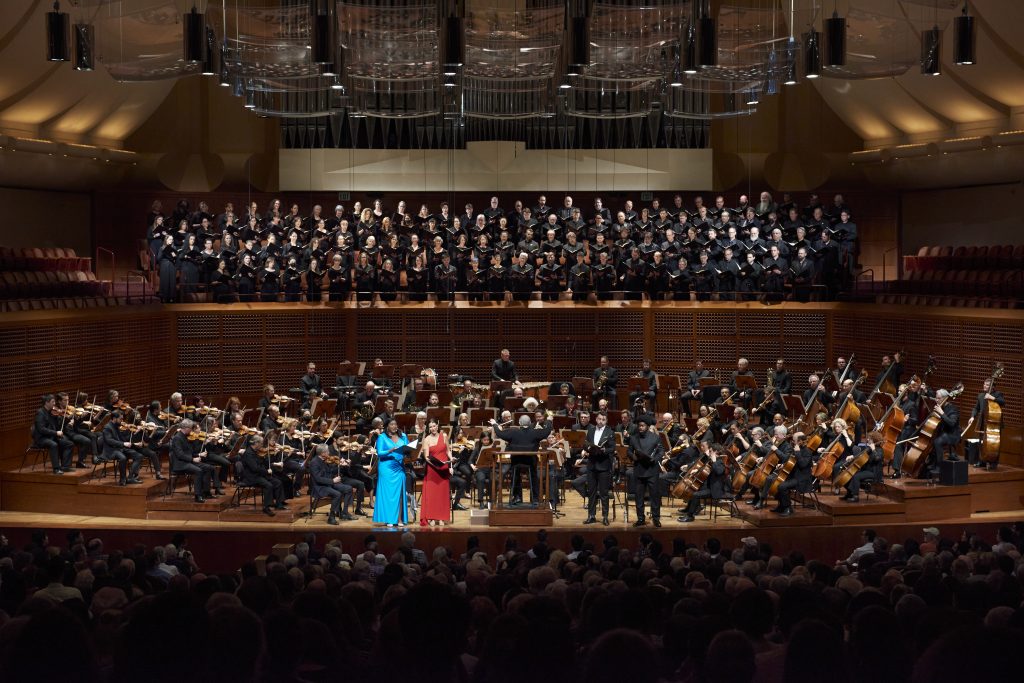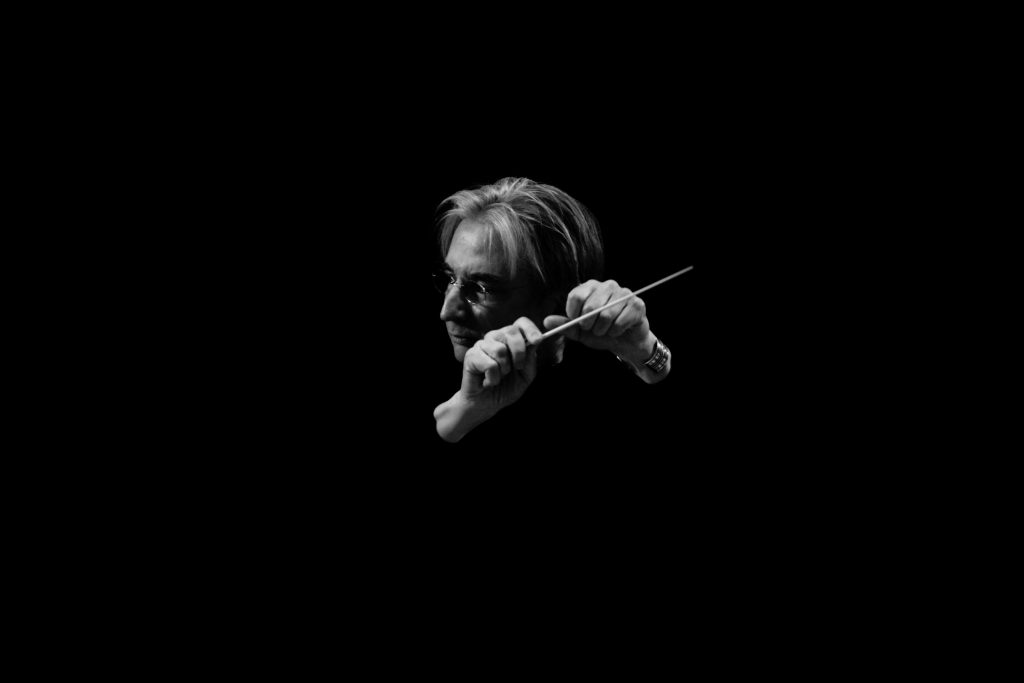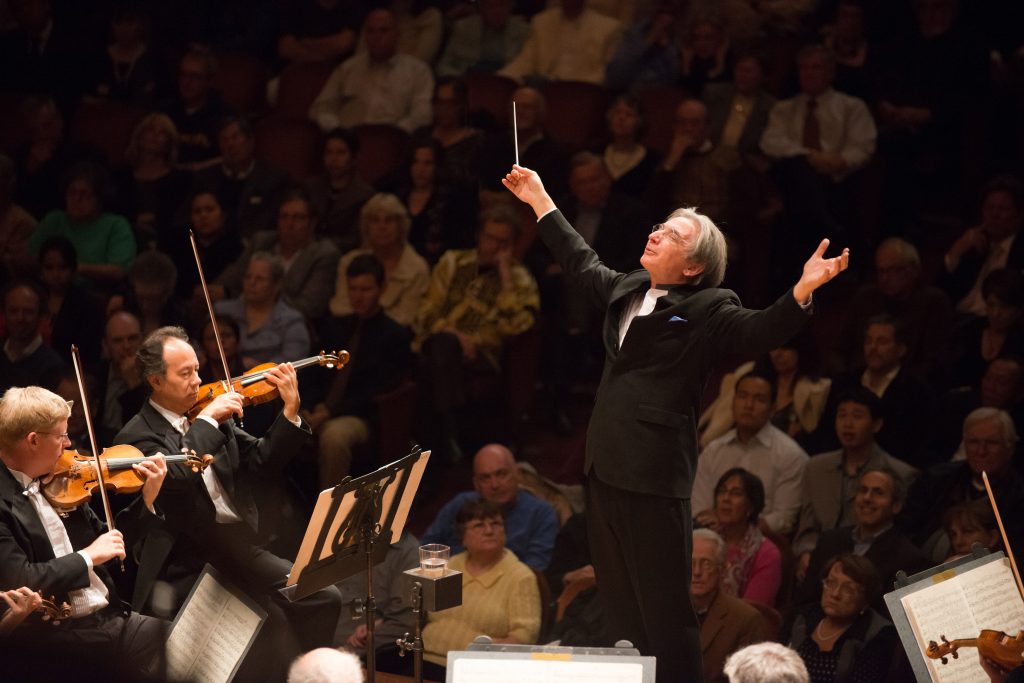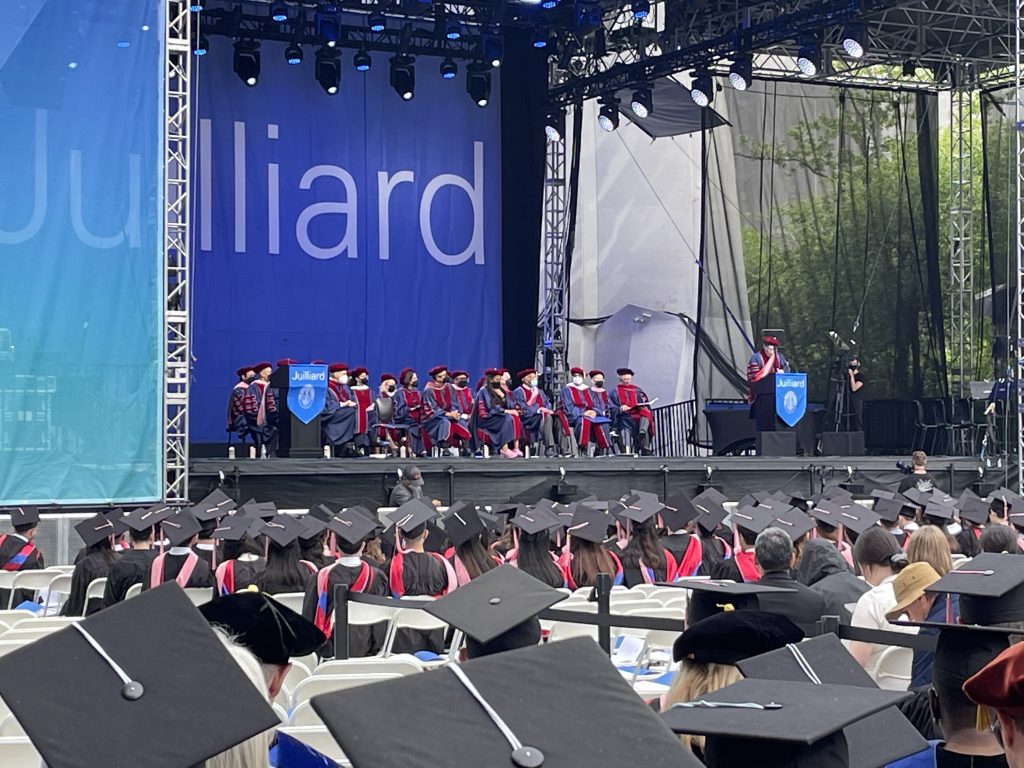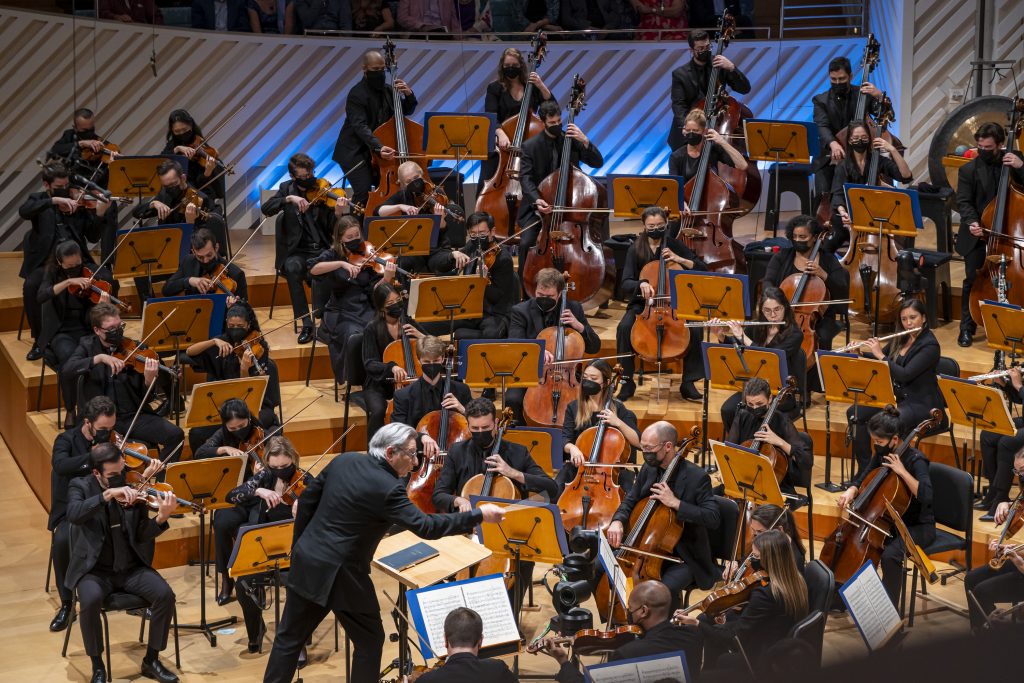MTT Appointed Distinguished Professor of Music at the San Francisco Conservatory of Music and SFCM Alliance Partner PENTATONE to Release Collection of his Compositions
Apr 2, 2024
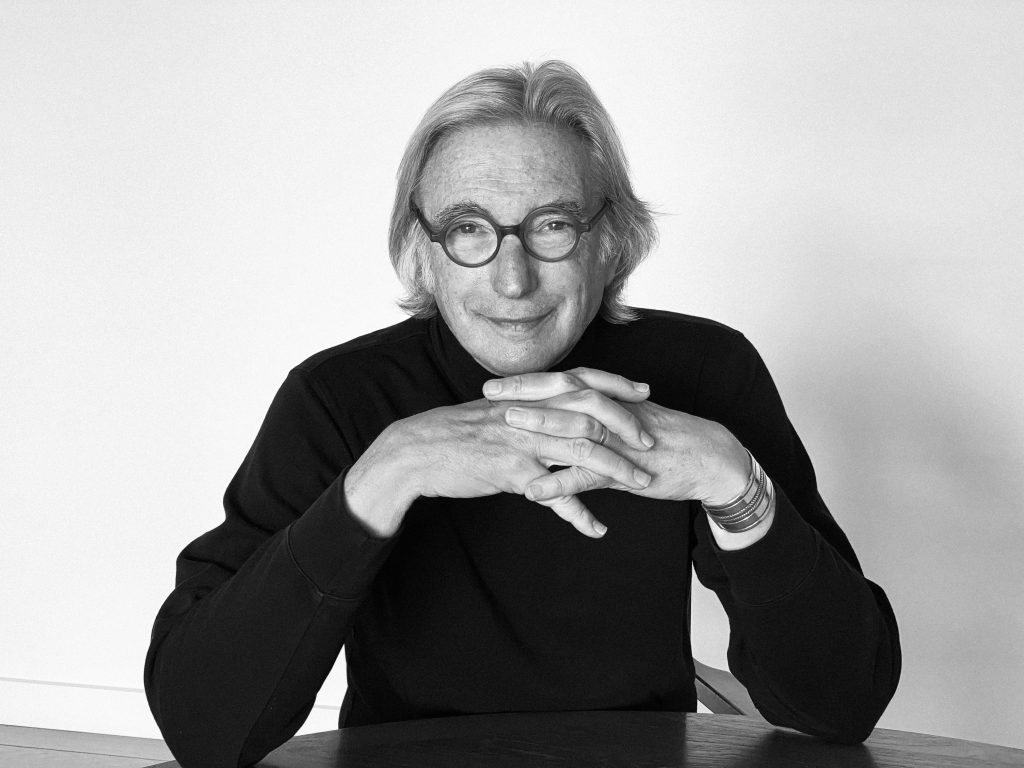
The San Francisco Conservatory of Music (SFCM) has named conductor and composer Michael Tilson Thomas (MTT) as the institution’s Distinguished Professor of Music. To celebrate MTT’s artistic achievements in the year of his 80th birthday, SFCM’s allied record label PENTATONE will release a box set collection of 18 MTT compositions in the fall of 2024.
In his role as SFCM’s Distinguished Professor of Music, Tilson Thomas will work individually with students, participate in readings with the SFCM orchestra, and conduct masterclasses. “I’m so looking forward to expanding my work with the next generation of musicians and to building connections with the faculty and staff at the SFCM and Pentatone to realize our many common musical ideals,” Tilson Thomas said.
MTT’s decades-long relationship with SFCM, born out of his lifelong commitment to music education, has included mentoring and coaching SFCM students, delivering SFCM’s Centennial Convocation in 2017, and receiving an honorary doctorate of music.
“Michael is a singular visionary who stands alone in his transformative impact on music,” said SFCM President David H. Stull, “He is unmatched in craft, imagination, and sheer genius as a creator and performer, but his work and leadership on behalf of education may well transcend his legacy of exceptional achievement as an artist. We are honored and inspired to have him with us.”
PENTATONE will honor Tilson Thomas’ lifetime of contributions as a composer by releasing a deluxe collection of CDs and digital recordings of MTT’s compositions, titled Grace: The Music of Michael Tilson Thomas, in fall 2024. The project comprises 18 works, all in Dolby Atmos spatial audio, from a wide variety of sources, including premiere recordings produced exclusively for this collection, remastered archival performances from the San Francisco Symphony and New World Symphony, and previously released recordings from artists and other labels. This comprehensive project will stream on all platforms, will include composer’s notes, and will be supported by a new website featuring a media-rich catalog of the critical editions of his compositions.
SFCM and Michael Tilson Thomas are grateful for the sponsorship of the Distinguished Professor of Music from the John and Marcia Goldman Foundation, and for the extraordinarily generous support for the archival and recording project from Arison Arts Foundation, Joachim and Nancy Hellman Bechtle, Matt and Pia Cohler, The Aaron Copland Fund for Music, Inc., Crankstart, Dagmar Dolby, Mary and Howard S. Frank, Samuel Freeman Trust, Todd Gordon and Susan Feder, Sakurako and William Fisher, Gordon P. Getty, Rose Ellen Meyerhoff Greene, Mimi Haas, Bruce and Suzie Kovner, Nellie and Max Levchin, Barbro and Bernard Osher, Joanne Rosen, and Diane B. Wilsey.
Artistic partners contributing to the collection are the San Francisco Symphony, the New World Symphony, and the Bay Brass, and include renowned artists and longtime artistic collaborators Ian Bousfield, Measha Brueggergosman-Lee, Sasha Cooke, Renée Fleming, Thomas Hampson, Isabel Leonard, Audra McDonald, Ryan McKinny, Edwin Outwater, Pat Posey, Paula Robison, Jean-Yves Thibaudet, Lisa Vroman, and John Wilson.
Tilson Thomas has asked that proceeds from the project benefit the Brain Tumor Center at the University of California, San Francisco (UCSF), in heartfelt recognition of the care that he is receiving for glioblastoma. SFCM has partnered with UCSF since 2019, exploring the intersection of music, creativity, and brain science.
Tilson Thomas’ global classical music achievements in music include 12 GRAMMY® Awards, most recently for the 2021 recording of his compositions From the Diary of Anne Frank and Meditations on Rilke. Among his many innovations in music education and commitment to contemporary music, he co-founded the New World Symphony in 1987, where he is now Artistic Director Laureate. He was Music Director of the San Francisco Symphony for 25 years, and in 2020 became the Symphony’s Music Director Laureate. He was the Principal Conductor of the London Symphony Orchestra and now serves as Conductor Laureate. He is an Officier de l’Ordre des Arts et des Lettres of France, member of the American Academy of Arts & Letters, National Medal of Arts recipient, Peabody Award winner and Kennedy Center Honoree.
Project Credits:
Executive Producers: Joshua Robison, David Stull, Hank Mou
Audio Producer: Jack Vad
Managing Producer: Oliver Theil
